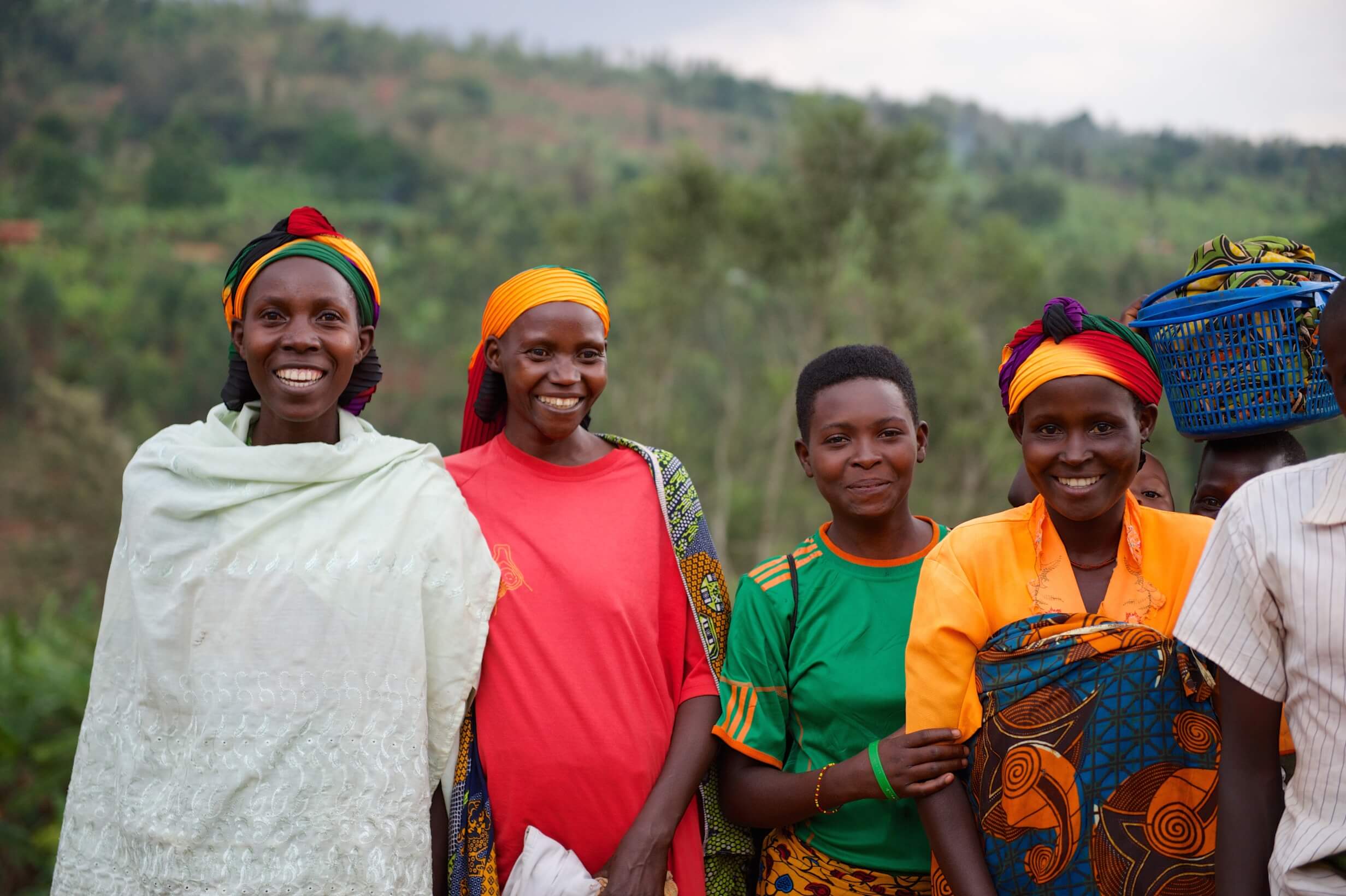It was the launching of the modern Ipatagwa irrigation scheme in 1999 that spurred Jeremiah Mwasanyila to go into rice farming in 2000. He had two acres of land on which he was growing assorted vegetables but decided to devote it all to rice instead. His first harvest later that year yielded 16 bags and he felt he could keep at it. Later, in 2006, when Mwasanyila and fellow villagers around Ipatagwa, were introduced to the idea of using fertilizer to improve their yields, he collected 24 bags from the same plot. In 2013, with a total of five acres under rice cultivation, Mwasanyila was expecting a yield of 70 bags from that year’s harvest. “But in the end I got only 48 bags,” he says. “The fertilizer brand that I bought turned out to be fake and it caused me a lot of problems.” However, as the harvest season got underway in June, Mwasanyila and many of his peers soon realized all was not well. Not only was the buyer traffic into Ilongo lighter than usual, but also the few buyers arriving were not offering attractive prices. “Where are all the buyers, everyone was wondering,” says Mwasanyila. “The few we got were offering as little as Sh60,000 for a 150kg bag and they wouldn’t budge. At such a price it’s as if you worked for nothing, but you are also under pressure to settle your debts now that you have harvested. I opted to try looking for my own...
Improving Rice Exports to the EAC Region
Posted on: November 5, 2015
Posted on: November 5, 2015






















